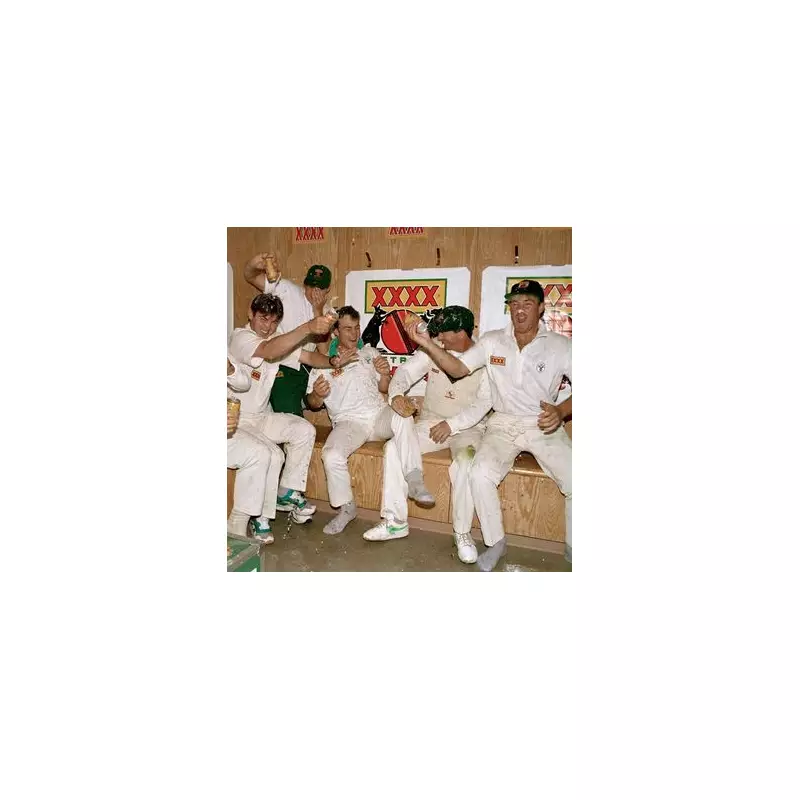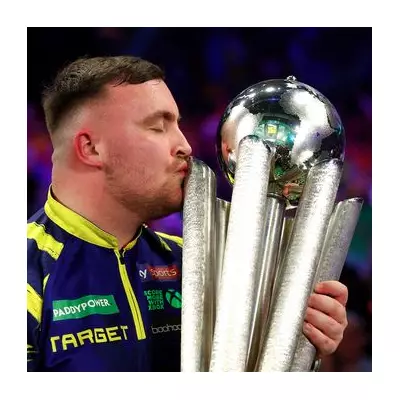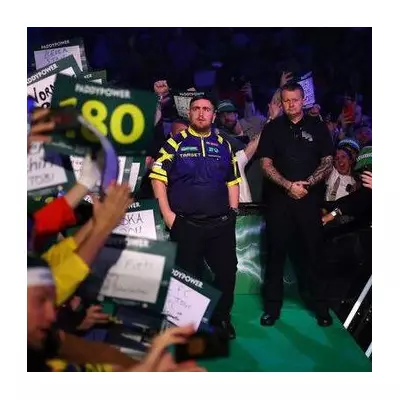
The start of an Ashes series in Australia usually brings talk of fierce sporting rivalry, but for generations of cricket legends, the contest was as much about off-field antics as on-field performance. While today's elite cricketers maintain strict professional regimens, the sport was once synonymous with a hard-drinking culture that created some of its most enduring legends.
The Unforgettable Drinking Feats
David Boon's legendary 52-can flight remains one of cricket's most talked-about stories. The former Australian batsman, who amassed over 7,000 Test runs during his career, allegedly broke the drinking record during a flight from Australia to London for the 1989 Ashes tour.
According to team-mates, the pilot was asked to circle Heathrow Airport several times to allow Boon to consume his 52nd can of beer, beating the previous record of 51 cans set by Rod Marsh. Boon later expressed regret about the incident, telling the BackChat Sports Show: "I've got to be brutally honest here, I won't deny it happened... It caused some crap over the years and it's something that I regret... a lot."
Merv Hughes, who played alongside Boon and witnessed the famous flight, initially denied the story before joking that his teammate had actually consumed 53 cans. Hughes himself was no stranger to cricket's drinking culture, once remarking that during tours sponsored by Australian beer brand XXXX, he felt obligated to "get right behind the sponsor."
Cricket Icons and Their Liquid Legacies
The late Shane Warne, mourned throughout the cricket world since his unexpected death at age 52, was as famous for his drinking as his spin bowling. The Australian legend once confessed to consuming "10 pints and chicken and chips" nightly throughout his playing career while also maintaining a substantial smoking habit across his 22-year international career.
Just twelve months before his death, Warne reflected: "I liked loud music, I smoked, I drank, and I bowled a bit of leg spin. I don't have any regrets." His attitude typified an era when cricket and alcohol consumption went hand-in-hand.
England's Freddie Flintoff became a national hero during the 2005 Ashes victory, but his boozy celebrations became almost as legendary as his on-field performances. The all-rounder revelled in a victory parade through London and a Downing Street reception, though his drinking eventually led to more serious consequences.
Flintoff's most notorious incident occurred during the 2007 Cricket World Cup when, after a loss to New Zealand, he drunkenly took control of a pedalo. He later told Piers Morgan's Life Stories: "I couldn't find the oars, so I dragged this pedalo into the water. The next morning I woke up, I was on my bed and, still wet and [with] sand between my toes. It was a real low point."
Now teetotal, Flintoff has acknowledged the strain his drinking placed on his relationship, writing in his 2015 memoir: "Looking back, I feel for the missus. She used to get the worst of me... I'd rock in at five in the morning, stinking and falling over."
When Alcohol Enhanced Performance
While most cricketers restricted their drinking to post-match celebrations, South African batsman Herschelle Gibbs demonstrated that alcohol could sometimes coincide with extraordinary performance. In his autobiography, Gibbs confessed to playing one of his most remarkable innings while nursing a hangover.
During a 2006 ODI against Australia, Gibbs scored 175 runs from just 111 balls, helping South Africa chase a record-breaking 434 at The Wanderers in Johannesburg. His booze-fuelled innings included 21 fours and seven sixes, proving that for some players, a hangover was no barrier to world-class performance.
New Zealand's Jesse Ryder experienced the darker side of cricket's drinking culture. His 2008 season ended abruptly after he injured his hand trying to break into a Christchurch pub toilet following a drinking session that lasted until 1:30am before a match. Another boozy night in the West Indies saw him miss a team meeting and training session, resulting in his exclusion from the subsequent game.
The stories of these cricketing legends highlight how dramatically the sport's culture has changed. Where once drinking was an integral part of team bonding and celebration, today's professional cricketers approach their preparation with scientific precision, leaving these legendary drinking tales as reminders of a bygone era in the sport.




